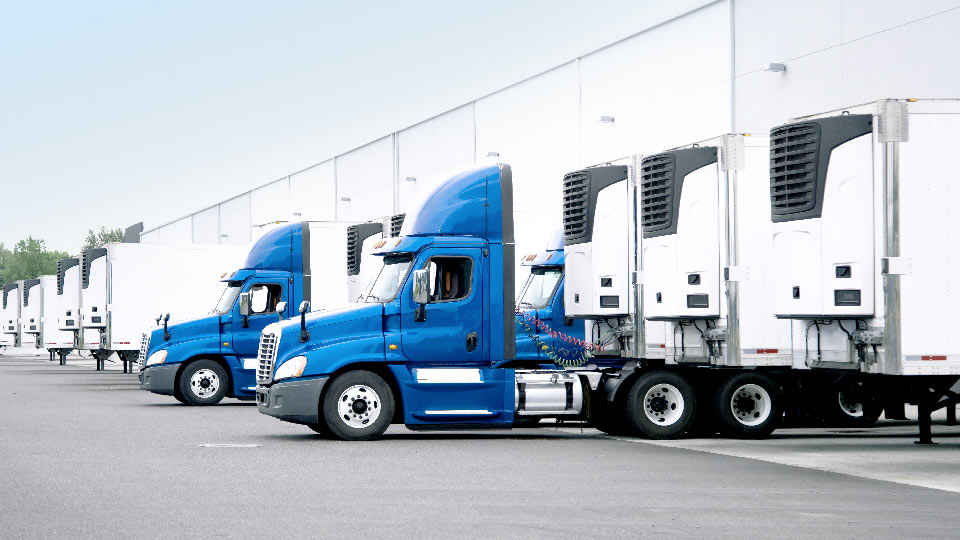
Global telematics footprint expands in South East Asia
Last updated on March 8, 2023 in Fleet Management by Colin Sutherland | 1 minute read
Table of contents
I just returned from South East Asia, where partners are expanding the global telematics footprint. There is an exciting trend towards data in the region.
I just returned from a trip to South East Asia, where partners are helping expand the global telematics footprint. In countries like Thailand and Singapore, partners are building a great new ecosystem of APIs. They understand that Geotab’s APIs and open platform enables businesses to connect to the data, and further extend the use of data into back office applications.
There is an opportunity for Geotab to really make a significant difference in the region. South East Asia has one of the highest traffic fatality rates in the entire world. The statistics are staggering. A 2015 report published by the World Health Organization (WHO) found that South East Asia accounts for 25% of the global road traffic deaths, with more than 300,000 people dying in road traffic accidents each year. WHO calls for stronger laws in the region on speeding, seat belts, child restraints, and stricter enforcement.
The prevalence of a low-cost, poorly manufactured GPS tracking systems in the region is contributing to the problem with safety. These devices have very limited capabilities and aren’t offering the full benefits for safety, let alone the added features for business productivity and efficiency. Having the right tools in place for safety and productivity, to keep vehicles up and running, is really essential for every type of fleet.
We are seeing an exciting trend towards data in the region as well. Businesses in South East Asia understand that data and data analytics are really important. Geotab is focused on data and helping businesses transform themselves based on information. We’re looking forward to spending more time in the region, educating fleet managers on the value of telematics and how it can positively impact businesses.
Watch Colin’s video chat on telematics in South East Asia (1:54).
Follow @GeotabColin for updates on Geotab around the world.
Related Posts:
Telematics Benefits for the Greater Good
Call to Action: Regional Fleet Safety in Latin America
If you liked this post, let us know!
Disclaimer
Geotab's blog posts are intended to provide information and encourage discussion on topics of interest to the telematics community at large. Geotab is not providing technical, professional or legal advice through these blog posts. While every effort has been made to ensure the information in this blog post is timely and accurate, errors and omissions may occur, and the information presented here may become out-of-date with the passage of time.
Get industry tips and insights
Sign up for monthly news and tips from our award-winning fleet management blog. You can unsubscribe at any time.
Republish this article for free
Other posts you might like

Four key trends shaping the future of the transportation industry
May 9, 2024

How to build a fleet safety program – A step-by-step guide
May 3, 2024

Boosting public safety operations through integrated technology solutions
April 26, 2024

What is cold chain monitoring?
April 24, 2024






